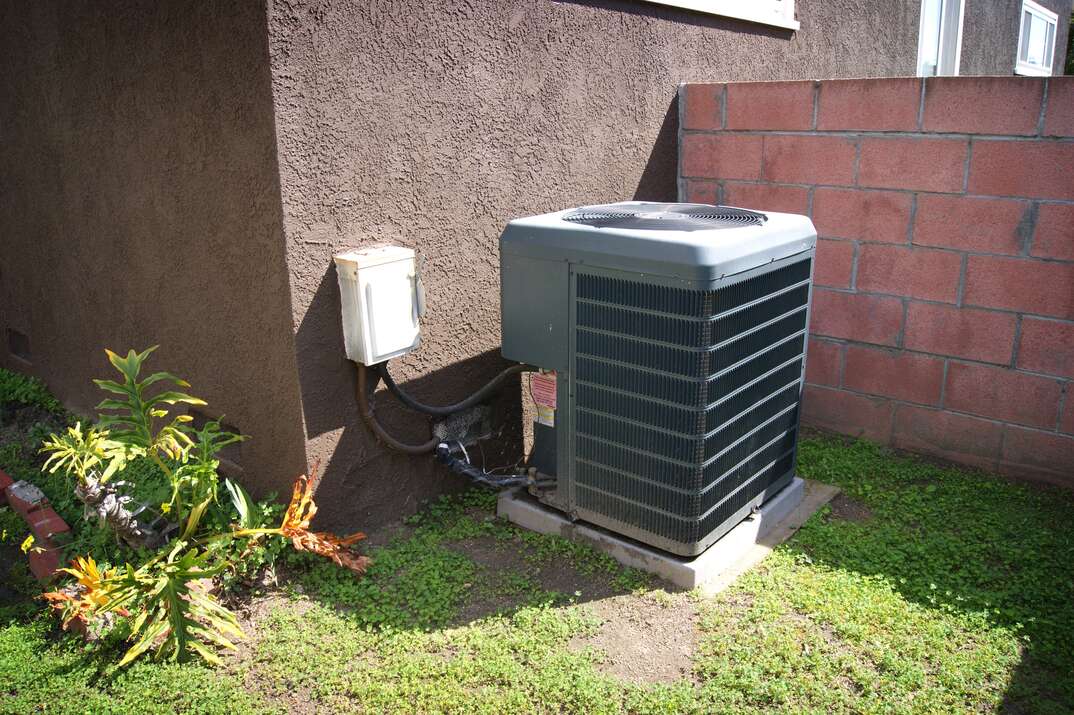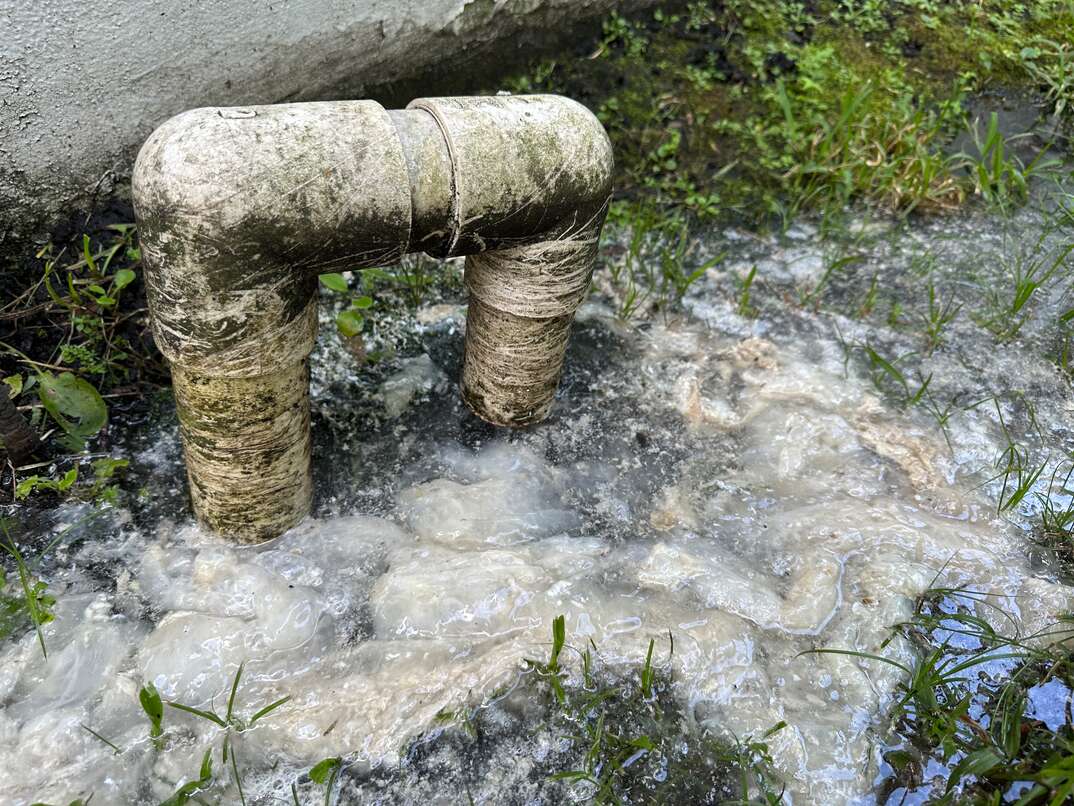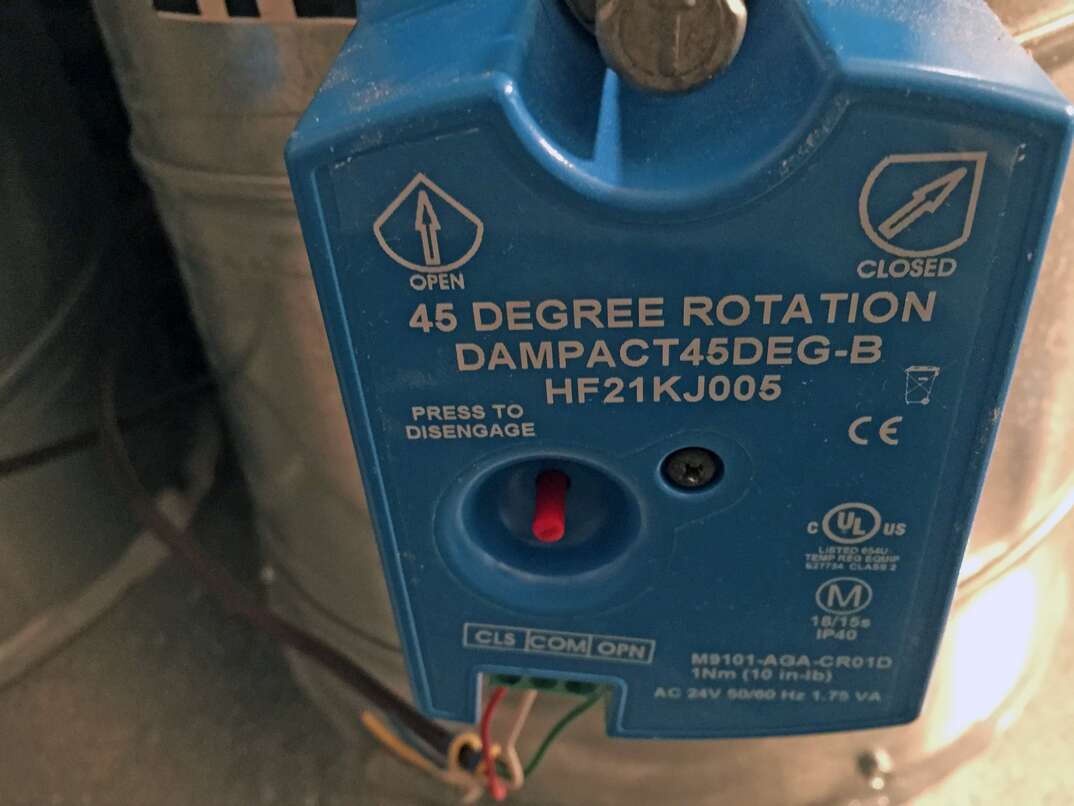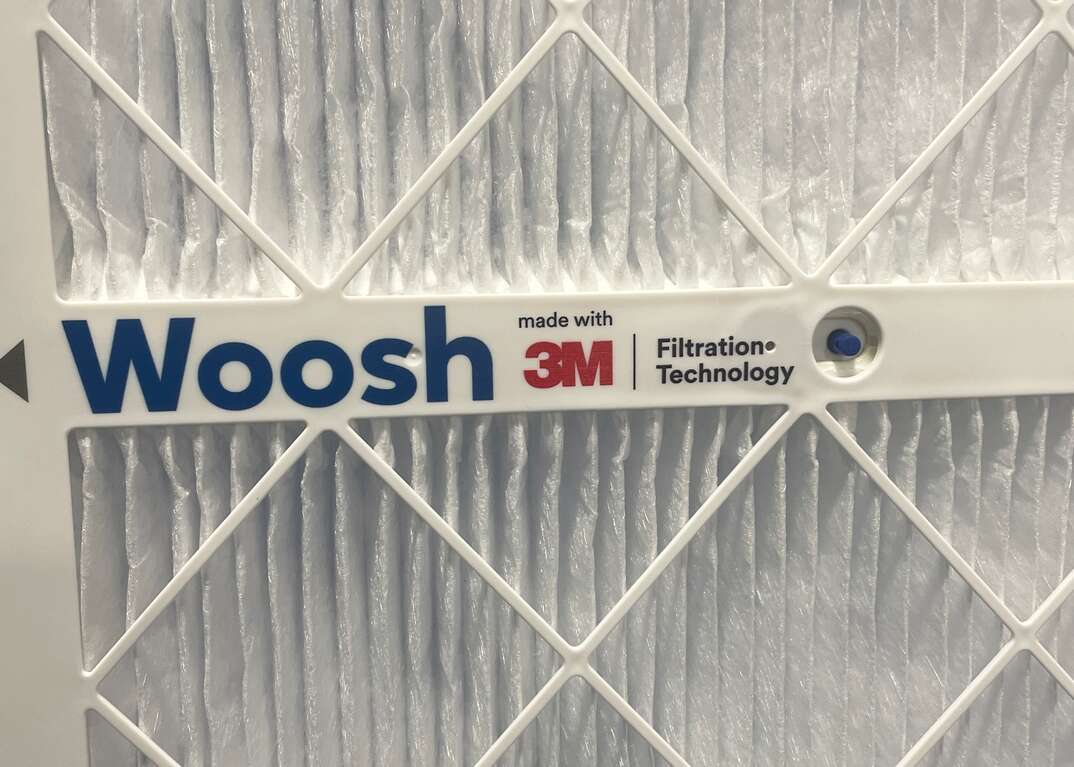5 Reasons to Consider Making the Switch From a Furnace to a Heat Pump

Generations of people have relied on furnaces to make their homes cozy and warm, but there’s a new kid on the block that’s getting a lot of attention: heat pumps.
This May Also Interest You: How Much Does an Air-Source Heat Pump Cost?
Can You Use a Heat Pump to Heat Your Home?
The answer is yes; you can use a heat pump to heat your home. They’re more efficient than furnaces because they don’t generate heat; instead, they move it from one place to another. They can extract heat from the outdoor air, even when it’s cold, and transfer it to your indoor air. This process requires less energy than burning a fuel, such as natural gas or oil, to create heat.
However, not all heat pumps are equal. There are different types, such as air-source, ground-source and water-source, that have different performance and installation characteristics. The most common type is the air-source heat pump, which is similar to a conventional air conditioner but with a reversing valve that allows it to operate in both heating and cooling modes. Air-source heat pumps are relatively easy to install and maintain, but they can lose efficiency in very cold climates, where they may need a backup heating source such as a furnace or an electric heater.
Ground-source and water-source heat pumps, also known as geothermal heat pumps, use the earth or a water source to collect heat instead of the outdoor air. These types of pumps are more efficient and reliable than air-source heat pumps because they can tap into a more stable and constant temperature. However, they're also more expensive and complex to install, requiring drilling or digging to access the underground or underwater pipes.
5 Reasons to Switch From Heating With a Furnace to Heating With a Heat Pump
1. Energy Savings
As already mentioned, heat pumps are more efficient than furnaces because it takes less energy to move heat than to create it. According to the U.S. Department of Energy, air-source heat pumps can reduce your energy consumption by around 65%, while geothermal models can reduce it by 70%-80%. Moreover, they can also save you money on your cooling costs because heat pumps can operate as air conditioners in the summer, eliminating your need for a separate cooling system.
More Related Articles:
- What’s an Air Handler?
- How Much Does It Cost to Install or Replace an Air Handler?
- HVAC System Stop Working? Try These Troubleshooting Tips Before You Call for Service
- The Do’s and Don'ts of HVAC Maintenance
- How Often Should You Change Your Furnace Filter?
2. Environmental Benefits
By using less energy, heat pumps reduce your carbon footprint and greenhouse gas emissions. This is especially true if you're switching from a gas furnace to a heat pump because you'll avoid burning fossil fuels and won't produce harmful pollutants. Furthermore, if you use renewable electricity, such as solar or wind, to power your heat pump, you can achieve even greater environmental benefits and lower your utility bills.
3. Comfort and Convenience
Heat pumps can provide more consistent and even heating and cooling for your home because they can adjust their output to match the demand, rather than cycling on and off like furnaces. This can result in better temperature and humidity control, as well as less noise and wear and tear. Additionally, heat pumps can be more flexible and convenient because they can be controlled by thermostats, timers or smart devices. They can also be integrated with other home systems, such as ventilation, air filtration and dehumidification.
4. Space Savings
A heat pump can replace both a furnace and an air conditioner, saving you space and simplifying your HVAC system. You only need one outdoor unit and one indoor unit instead of two separate systems requiring more maintenance and repairs. A heat pump can also be installed as a ductless mini-split, eliminating the need for ductwork and allowing you to control the temperature in each room individually.
5. Safety and Comfort
A heat pump doesn't produce combustion by-products, such as carbon monoxide, that can pose a health risk or require venting. Additionally, it doesn’t create dry air or hot spots, which can affect your indoor air quality and comfort. Lastly, a heat pump can maintain a more consistent and pleasant indoor environment without the risk of fire or a gas leak.


